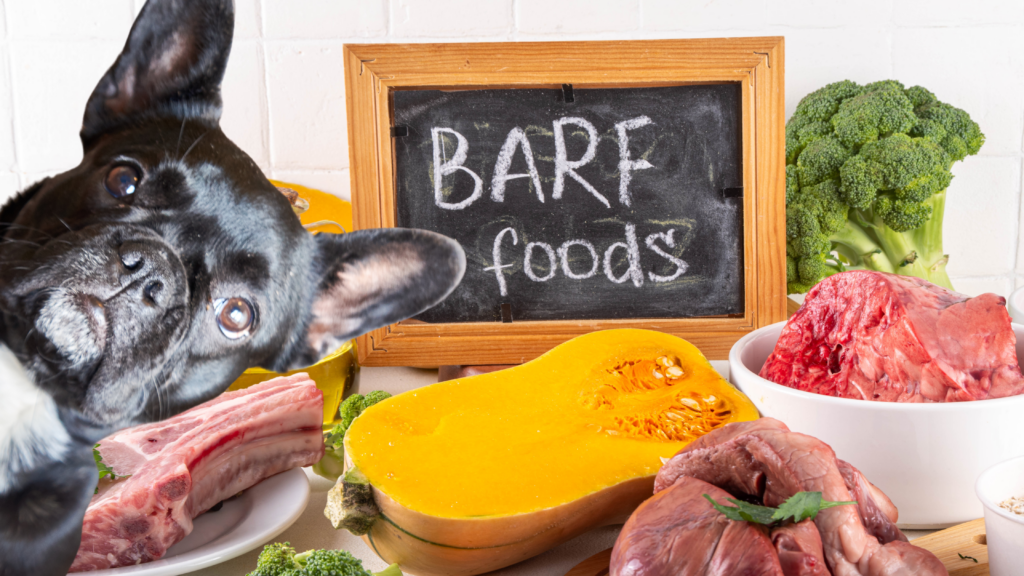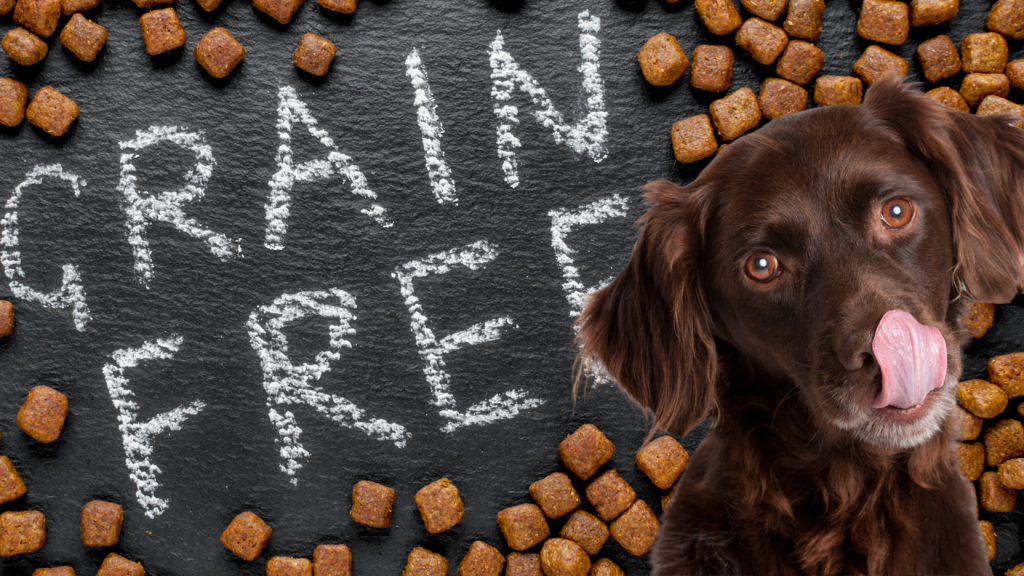Protein is a crucial component of your dog’s diet, playing a vital role in their overall health and well-being. As a responsible pet owner, understanding the significance of protein sources, essential amino acids for dogs, and how to choose high-quality protein options is key to ensuring your furry friend thrives. Let’s explore the importance of protein in canine nutrition and provide you with actionable insights to make informed decisions about your dog’s diet.
Why is Protein Essential for Dogs?
Protein is the building block of life, and dogs require it for various bodily functions. From maintaining healthy skin and a lustrous coat to supporting muscle development and immune function, protein is indispensable in canine nutrition. It breaks down into amino acids during digestion, powering metabolic processes from digestive health to bladder function.
Dog Protein Requirements: Finding the Right Balance
The protein requirements for dogs vary depending on factors such as age, size, and activity level. Here’s a general guideline:
- Adult dogs: 18% crude protein minimum
- Puppies and pregnant/nursing dogs: 22.5% crude protein minimum
- Senior dogs: 28% crude protein minimum
However, it’s essential to consult with your veterinarian to determine the ideal protein intake for your specific dog.
Essential Amino Acids for Dogs: The Building Blocks of Protein
Dogs require 10 essential amino acids that their bodies cannot produce on their own. These include:
- Arginine
- Histidine
- Isoleucine
- Leucine
- Lysine
- Methionine
- Phenylalanine
- Threonine
- Tryptophan
- Valine
Each of these amino acids plays a crucial role in your dog’s health, from supporting muscle activity to maintaining a robust immune system.
High-Quality Protein for Dogs: Choosing the Best Sources
When it comes to dog food protein sources, not all proteins are created equal. Animal-based proteins are generally considered superior for dogs due to their complete amino acid profiles and higher digestibility. Some excellent high-quality protein options for dogs include:
- Chicken
- Beef
- Turkey
- Lamb
- Fish (such as salmon)
- Eggs
Plant-based proteins can also be beneficial but should not be the primary protein source in your dog’s diet. Some plant-based options include:
- Soy
- Quinoa
- Buckwheat
- Chickpeas
- Barley and oats
- Green peas
Signs of Protein Deficiency in Dogs
While protein deficiency is rare in dogs fed commercial diets, it’s essential to be aware of potential signs, which may include:
- Poor coat condition
- Muscle loss
- Weakened immune system
- Slow wound healing
On the other hand, excessive protein intake can lead to obesity and put unnecessary strain on your dog’s kidneys, especially in senior dogs or those with existing kidney issues.
Choosing the Right Protein for Your Dog: Tips and Considerations
When selecting high-quality protein options for your dog, consider the following factors:
- Digestibility: Look for easily digestible protein sources to ensure maximum nutrient absorption.
- Biological value: Choose proteins with high biological value, which indicates how efficiently the body can use the protein.
- Complete amino acid profile: Ensure the protein source contains all essential amino acids in the right proportions.
- Your dog’s individual needs: Consider any allergies, sensitivities, or health conditions your dog may have when selecting protein sources.
Conclusion: Balancing Protein in Your Dog’s Diet
Understanding the role of protein in your dog’s diet is crucial for maintaining their health and vitality. By choosing high-quality protein sources and ensuring a balanced amino acid intake, you can support your dog’s overall well-being. Remember, every dog is unique, so it’s always best to consult with your veterinarian to create a tailored nutrition plan that meets your furry friend’s specific needs.
By providing your dog with the right amount and quality of protein, you’re taking a significant step towards ensuring a happy, healthy life for your beloved companion.



